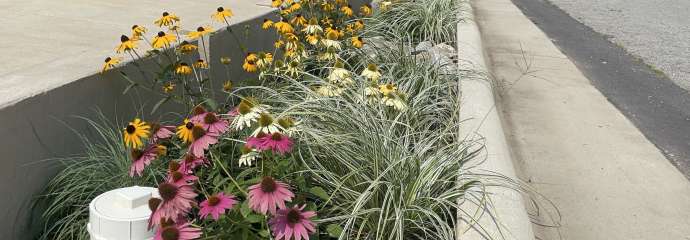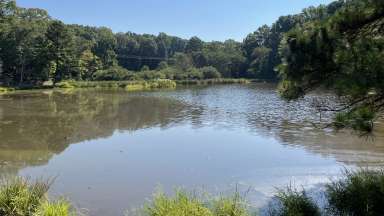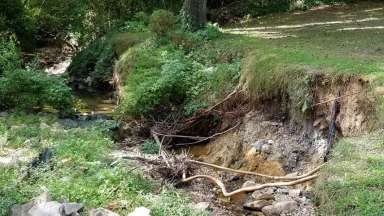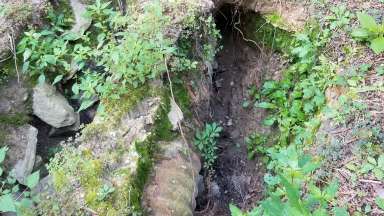Urban Heat Islands (UHIs) are areas throughout the city with few trees, little green space or large areas of paved space that can experience substantially higher temperatures than areas with more shade and less paved area. Raleigh Stormwater is identifying ways to use green stormwater infrastructure (GSI) to reduce UHI effects.
Project Details
- Type:
-
Stormwater
- Budget:
-
$561,065 (Project Identification, Design, Permitting); $266,173 (Construction)
- Project Lead:
-
Stormwater Management
- Contractors:
-
Tetra Tech (Engineer); HGS, LLC (Contractor)



